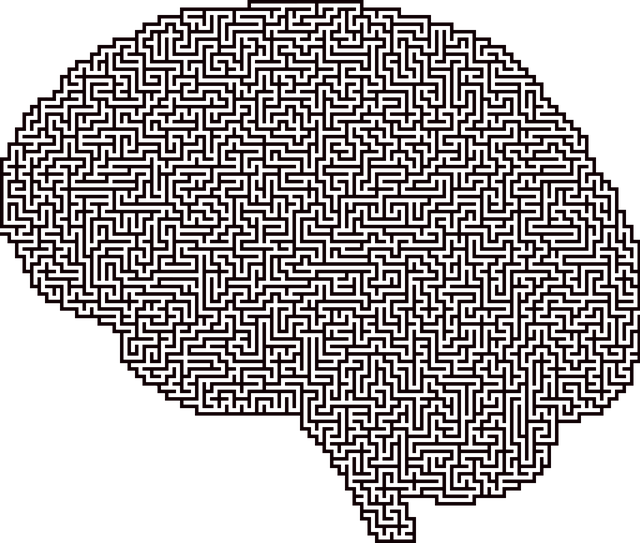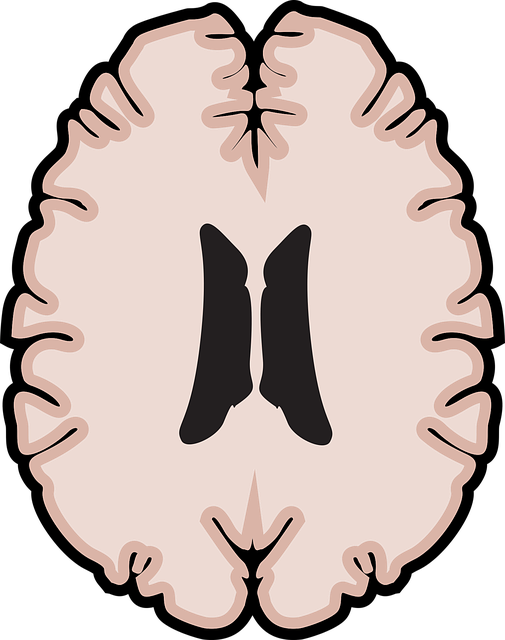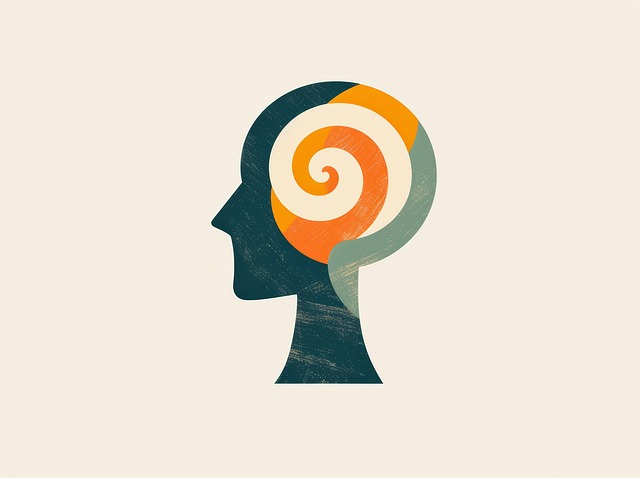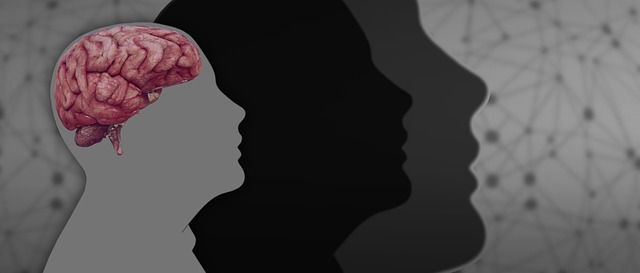Mental wellness coaching programs, including Littleton EMDR Therapy, offer personalized, one-on-one or group sessions to build inner strength and resilience. These programs address current challenges while fostering lasting positive changes in thinking, feeling, and behaving. Techniques like EMDR, combined with Mental Wellness Journaling Exercise Guidance, enhance self-awareness and progress tracking. Community outreach ensures accessibility to these services for healthcare providers facing burnout, empowering them with effective coping mechanisms and reducing job stress.
Mental wellness coaching programs have emerged as powerful tools for personal growth and resilience. This article explores the development and impact of such programs, with a focus on integrating Evidence-Based Mental Imaging (EMDR) therapy. We delve into effective session design, implementation strategies, and evaluation methods, particularly highlighting the benefits of Littleton EMDR Therapy. By understanding these elements, coaches can enhance their practices, fostering profound positive changes in clients’ mental wellness.
- Understanding Mental Wellness Coaching and Its Impact
- Integrating EMDR Therapy into Coaching Programs
- Designing Effective Littleton EMDR Therapy Coaching Sessions
- Implementing and Evaluating the Success of Coaching Interventions
Understanding Mental Wellness Coaching and Its Impact

Mental wellness coaching programs have emerged as a powerful tool for individuals seeking to navigate and improve their mental health. This approach focuses on empowering people to develop inner strength, resilience, and coping strategies. Through one-on-one sessions or group settings, coaches provide guidance and support tailored to each individual’s unique needs. The goal is not only to address current challenges but also to foster long-lasting positive changes in thinking, feeling, and behaving.
Littleton EMDR Therapy, for instance, is a specific technique that has gained recognition for its effectiveness in treating trauma. It combines eye movement desensitization and reprocessing with cognitive therapy, helping individuals process traumatic memories and reduce their impact. Moreover, integrating practices like Mental Wellness Journaling Exercise Guidance can offer clients a means to track their progress, reflect on insights, and cultivate self-awareness, which are all crucial components of holistic mental wellness coaching. Community Outreach Program Implementation also plays a vital role, as it broadens access to these services, ensuring that support is available to those who might otherwise face barriers in seeking help.
Integrating EMDR Therapy into Coaching Programs

Integrating EMDR Therapy into coaching programs offers a powerful approach to enhancing mental wellness. As a highly effective therapeutic technique, Eye Movement Desensitization and Reprocessing (EMDR) has been recognized for its ability to help individuals process traumatic memories and reduce symptoms of anxiety and depression. By incorporating Littleton EMDR therapy into these programs, coaches can provide clients with innovative tools for stress management. This integration empowers individuals to overcome past experiences that may be hindering their present well-being.
For organizations focusing on Burnout Prevention Strategies for Healthcare Providers, this method is particularly valuable. The rigorous demands of healthcare professions can lead to significant psychological strain, making effective stress management crucial. Through EMDR therapy, coaches can guide healthcare professionals in processing challenging situations and cultivating resilience. Additionally, Mental Wellness Journaling Exercise Guidance can be seamlessly paired with EMDR techniques, allowing individuals to track their progress and reinforce positive changes as they navigate their coaching journey.
Designing Effective Littleton EMDR Therapy Coaching Sessions

Designing effective Littleton EMDR therapy coaching sessions requires a structured approach that facilitates emotional healing processes. The process should begin with an assessment to understand the client’s unique needs and trauma history, allowing for personalized treatment plans. Incorporating mindfulness meditation techniques can enhance relaxation and focus during coaching, making it easier for clients to process and release traumatic memories.
During each session, coaches should guide clients through specific phases of Littleton EMDR therapy, including preparation, assessment, desensitization, installation, and body scan. By combining this evidence-based approach with stress reduction methods like deep breathing exercises, clients can experience significant improvements in their emotional well-being. Effective coaching sessions also promote self-reflection and empower individuals to develop healthy coping strategies for managing future stressors, ultimately supporting lasting mental wellness.
Implementing and Evaluating the Success of Coaching Interventions

Implementing coaching interventions is a strategic step towards enhancing mental wellness within various settings, including healthcare environments. Programs like Littleton EMDR Therapy focus on integrating evidence-based practices to foster personal growth and resilience. These interventions aim to not only treat symptoms but also empower individuals with coping mechanisms for long-term well-being. Evaluating the success of such programs is crucial to ensure their effectiveness and make necessary adjustments.
Assessing the outcomes involves measuring changes in clients’ mental health status, satisfaction levels, and behavioral improvements post-coaching. The integration of Burnout Prevention Strategies for Healthcare Providers can provide valuable insights into resilience building, as coaches guide participants towards adopting Mind Over Matter Principles. This comprehensive approach not only benefits individuals but also contributes to a more sustainable and thriving work environment, reducing the risks associated with job burnout.
Mental wellness coaching programs, enriched by techniques like Littleton EMDR Therapy, have proven to be transformative. By integrating this therapy into coaching sessions, professionals can effectively support individuals navigating mental health challenges. The success of these interventions lies in tailored designs and rigorous evaluations, ensuring optimal outcomes. As the field advances, continued exploration and refinement of these programs will be vital to meeting the diverse needs of those seeking improved mental wellness.














